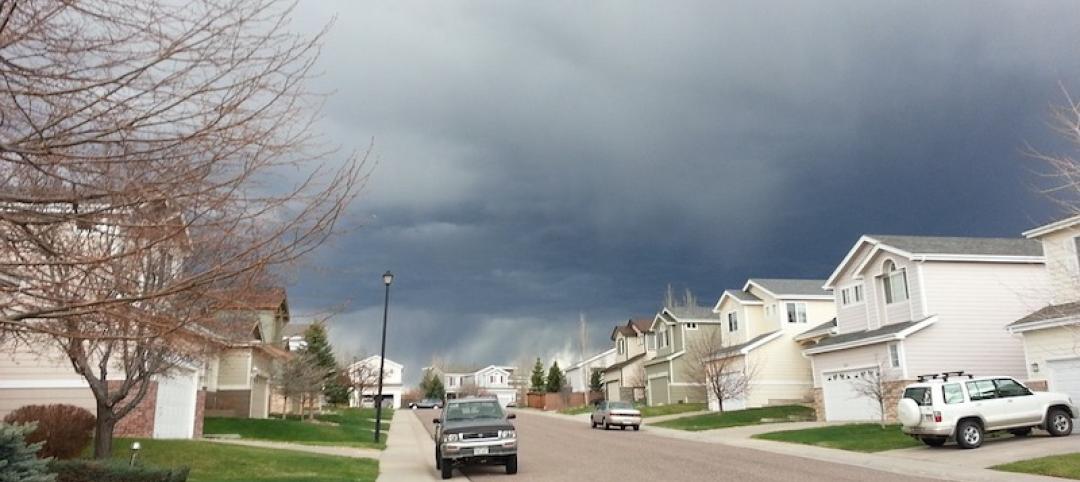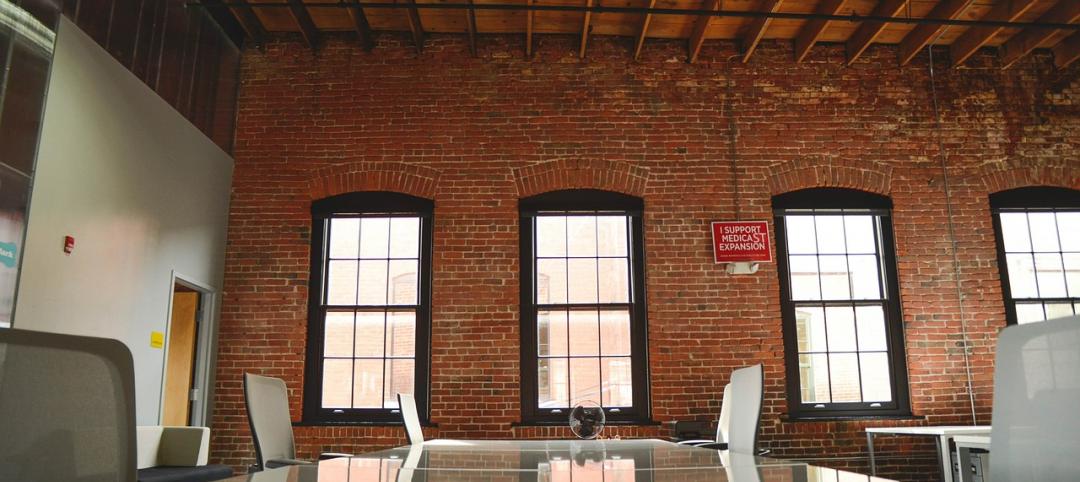The International Living Future Institute has unveiled a new Zero Carbon Certification.
The Zero Carbon Certification provides greater flexibility around project fuel types (for existing projects) and placement and ownership of offsetting renewables than ILFI’s Reveal and the Zero Energy Certifications, the Institute said in a news release. The new certification is the first worldwide Zero Carbon third-party certified standard, ILFI says.
The new certification is a “broad-based tool for highlighting highly efficient buildings which offset their energy use, regardless of location of renewables,” ILFI says. “It builds on and implements the Zero Carbon concept released by Architecture 2030, the Rocky Mountain Institute, and the New Buildings Institute in 2016, and the worldwide call for zero carbon standards from the World Green Building Council issued in 2017.”
The certification requirements include: buildings must achieve a targeted energy efficiency level during a one-year performance period, and all of the project’s energy use must be offset by on- or off-site renewable energy on a net annual basis. The Zero Carbon certification is the first step towards Living Building Challenge certification.
Related Stories
Codes and Standards | Aug 9, 2019
Cities modify density zoning to spur more affordable housing projects
Solutions include eliminating single-family zoning and allowing taller apartments in higher-density zones.
Codes and Standards | Aug 8, 2019
More designers focusing on acoustic properties of buildings
Recognition that structures should be acoustically satisfying.
Codes and Standards | Aug 7, 2019
Illinois law makes all single-occupancy restrooms gender-neutral
All must comply by January 1.
Codes and Standards | Aug 6, 2019
New technology, aligning training with local trends among keys to workforce development
Construction industry must also invest in training, recruiting high school students.
Codes and Standards | Aug 1, 2019
Planners, city official rethink parking requirements on new projects
Reducing number of parking spots frees up land for ‘more purposeful’ uses.
Codes and Standards | Jul 31, 2019
USGBC-LA chooses first ‘Net Zero Accelerator’ technologies
Wide range of solutions address numerous environmental challenges.
Codes and Standards | Jul 30, 2019
Solar brokerage will provide financing for small/medium businesses
First to fund solar for smaller-scale commercial operations.
Codes and Standards | Jul 29, 2019
ASCE group unveils structural safety database
Confidential reporting on structural failures, near misses, and other incidents.
Codes and Standards | Jul 26, 2019
Floating landscape infrastructure wins top ASCE innovation prize
Climate resiliency a key theme of entrants.
Codes and Standards | Jul 24, 2019
New York making slow progress on resiliency seven years after Hurricane Sandy
Property owners face many challenges; coastal defense project plans are complex and need more time to plan.

















